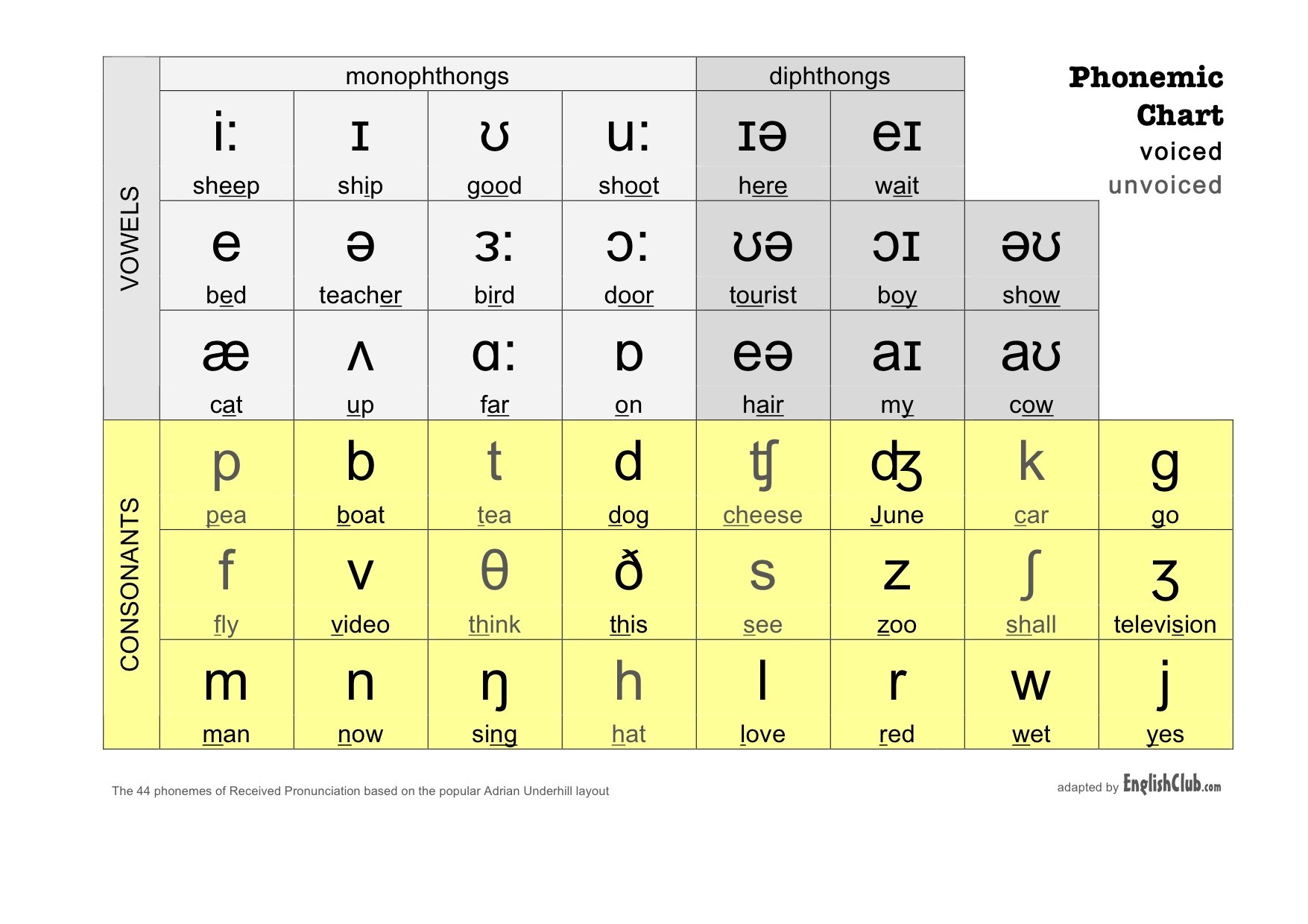| Born |
Warren Edward Buffett
August 30, 1930 |
|---|---|
| Education | University of Pennsylvania University of Nebraska–Lincoln (BS) Columbia University (MS) |
| Occupation | Businessman, investor, philanthropist |
| Years active | 1951–present |
| Known for | Leadership of Berkshire Hathaway with Charlie Munger |
| Net worth | US$ 95.2 billion (March 3, 2021) |
Warm up
—- * * FOR NEW STUDENTS ** ————————————— ————
- What industry do you work in and what is your role?
- What are your responses in your role / position?
- Can you describe to the function of your workplace / company?
- How many departments, how many offices. National or International?
- What are the minimum requirements for employment ie Education or Experience?
- How many opportunities are there to ‘move up the ladder’?
- What is the process for changing job roles ie Interview? Test?
————————————————– —— ——————————————– ——- —
General discussion about your workweek:
- Current projects? Deadlines? Opportunities?
- Anything of interest happening?
————————————————– —— ——————————————– ——–
Script
1. Warren Buffett didn’t become the most successful investor in America simply by being sharp in finance and economics — he’s also a brilliant communicator. In his most recent letter to investors, the Berkshire Hathaway chairman and CEO demonstrated how transparency, commentary, and a little bit of humor helps him clearly communicate his thoughts.
2. The letter is part of his company’s annual report and is highly influential in the finance world. Buffett has been writing to Berkshire shareholders for more than 50 years, and penned annual missives to investors in his Buffett Partnership before that. “I know courses in business schools which are based on Warren Buffett’s report,” Baruch Lev, a professor of accounting and investor relations at NYU’s Stern School of Business, told Insider. Buffett’s communication style is clear and easy to understand, Lev said. Lev broke down what we can learn about being an effective communicator from Buffett’s most recent letter.
He’s honest
3. Buffett is an exceptional writer because of how transparent he is with his audience, Lev said. This honesty and transparency are “a rarity among executives,” he continued, noting that Buffett has always been willing to admit his mistakes. This year was no exception. Buffett admitted that Berkshire Hathaway’s 2016 acquisition of aerospace-components manufacturer Precision Castparts was a “big mistake” that he overpaid for because he miscalculated the company’s future earnings.
4. Buffett also provides detailed analysis and explanations of organizational and market forces in a way that helps readers not only understand Berkshire Hathaway but also the economy. His reports balance density and detail with anecdotes and memorable one-liners, Lev said. “These were extensive reports, like 30-40 pages, that no executive provides,” Lev said. “And you even learn from them.”
5. Buffett himself has said he enjoys teaching and sees his annual report as “a teaching mechanism.” He has used his letters to educate investors about a wide range of topics including the merits of stock buybacks, the dangers of speculation, the risks of inflation, the downsides of mergers and acquisitions (M&A), how to run a board of directors, and more.
He uses simple language and analogies
6. Writing a shareholder letter about a company’s finances can get boring quickly. But Buffett overcomes this by using simple language and analogies that are easy for the average person to understand. He has compared Berkshire’s businesses to trees and separated them into five groves to analyze them (2018); compared speculation to a virus and speculators to Cinderella staying too long at the ball and seeing their investments turn into pumpkins and mice (2000); M&A to marriage (2019); and debt to Russian roulette (2018).
7. He also uses the stories of great corporate managers or compelling business leaders to give some color to his annual reports. One of the most notable tales was that of “Mrs B,” the late owner of a furniture store in Nebraska, who Buffett said could “run rings around” Fortune 500 CEOs and business school grads at age 89. He bought 90% of the company for about $55 million in 1983 and it now generates over $1.6 billion in annual revenue.
He makes it meaningful
8. Lev said that one things that makes Buffett stand out is that he answers questions in a meaningful way. Buffett tells it like it is. His statements can be backed up by facts. Some executives give vague directives that don’t give much detail on their plans, he said.
9. For example, some executives will say things like “we are taking steps to increase revenue,” which doesn’t give the reader much detail on how they are going to actually make a change. “The question is what are the steps, how they are working,” Lev said. “Give me some predictions, with respect to the future, not that you took the steps.”
10. It’s important to show that you’re credible and honest about what actions the company is taking.“If the listener can not hold you responsible for the information at some point in time, then there is really no assurance that this information has any credibility,” Lev said.
https://outline.com/eTm5df
https://www.cnbc.com/2021/02/27/read-warren-buffetts-annual-letter-to-berkshire-hathaway-shareholders.html
https://www.cnbc.com/2021/01/25/warren-buffett-of-japan-secret-to-success-happiness-and-wealth-in-life.html
Discussion
1. What kind of annual/monthly/weekly report do you have for your company? Is it a newsletter, meeting etc .. Please give details.
2. Who is the best speaker in your company (past or present)? What makes them a good speaker?
3.
Who is regarded as a particularly good communicator in Japan? Now or in the past. Why are they regarded as such?
Phonetic Chart



